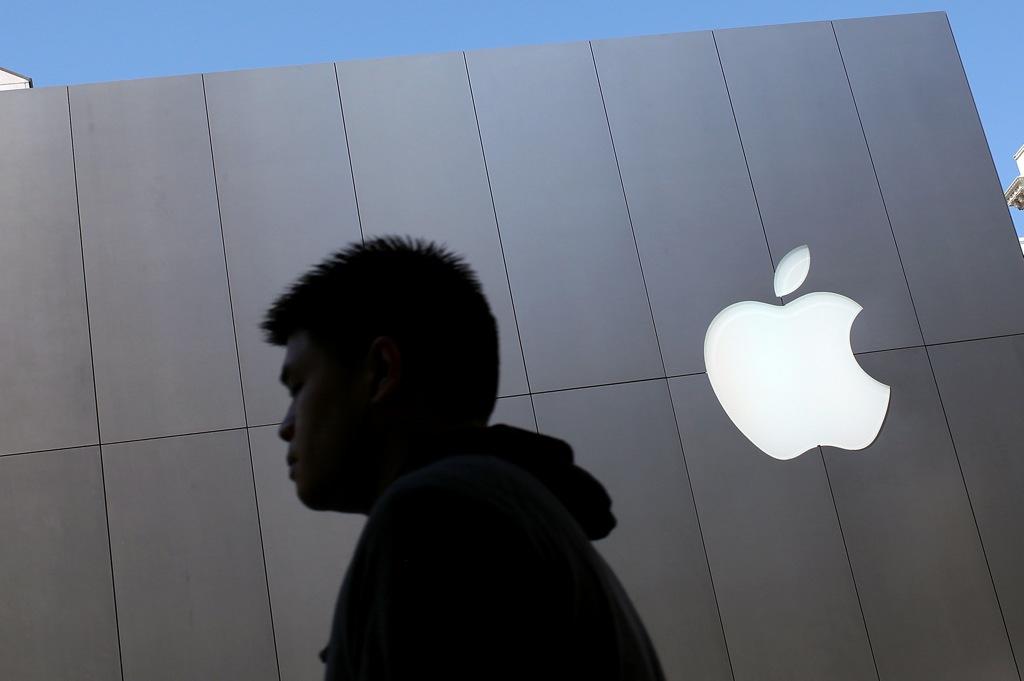After taking heat for shipping jobs to China and contracting to employers with questionable labor conditions, Apple (rather publicly) took credit for creating more than half a million jobs in the U.S.
514,000 to be exact.
That figure included nearly 50,000 employees in its retail network and its corporate headquarters, where products are designed.
But it also included FedEx and UPS employees who deliver its products and employees at Corning who make glass for iPads and iPhones.
So Apple basically counts anyone vaguely associated with the company or its products as a job that Apple created.
But what about the competitors Apple has bumped off in its relentless move to the top? What about the once-profitable markets, products, and companies it has destroyed? What happened to those jobs?
Business Insider analyzed data on Bloomberg, went through dozens of 10-Ks, and read through layoff announcements to see how Apple's peers have done.
What we found:
Apple has destroyed nearly as many jobs as it helped create, eliminating some 490,570 positions.
Click here to see the jobs that Apple has destroyed >
So even if Apple had created all the jobs it takes credit for creating, its chest-thumping would be misplaced, to say the least.
The truth, of course, is it is not "companies" or "entrepreneurs" who create jobs — it is healthy economic ecosystems that create jobs. (If Apple's customers couldn't afford to buy Apple's products, Apple wouldn't create a single job, no matter how cool Apple's products were). Companies are an important element of those ecosystems, but to credit them for job-creation is to give them a lot more credit than they deserve.
But that's another story.
For now, let's take a detailed look at all the jobs Apple has destroyed or helped destroy.
Here's our methodology:
Business Insider identified some 50 companies that Apple's success has impacted, including big names like IBM and HP, and smaller ones like Barnes & Noble and Adobe.
Some companies and peers prospered. Most did not, announcing a combined 306,606 layoffs over the past several years.
In choosing the companies, Business Insider took a liberal approach to the businesses hit by Apple. Could you attribute all of Circuit City's problems to Apple? Probably not. BI used similar definitions as Apple to identify these companies.
Apple was unresponsive to repeated request for comment.
Those layoffs include direct competitors like Cisco's flip camera business, which the company shuttered after poor sales, and companies like Aol, which lose out on lucrative search traffic because of Apple's choice to default to Google.
We also looked at Apple's decision to contract to private companies like UPS and FedEx instead of using public services like the U.S. Postal Service, as well as loopholes it uses in U.S. tax law to save billions of dollars a year.
The figure above does not include the jobs Apple could have created had it manufactured its products in America — instead of at Foxconn plants in China — because the corporate mantra to cut costs and build products overseas is not simply tied to the Cupertino, Calif., based company.
Business Insider also considered the ripple effect of layoffs in the U.S. When a company fires hundreds of employees, it curtails regional spending, causing restaurants and retailers to close their doors, decreases tax collection at the state, local, and federal level, and can trigger other rounds of layoffs elsewhere in the economy.
Using data from the Economic Policy Institute, coupled with average pay in industries that saw lay offs because of Apple's success, Business Insider estimated the additional loss to the employment picture at some 180,000 jobs.
Taking that into account with the 306,000 layoffs from competitors, Apple has destroyed some 490,570 positions in the U.S.
